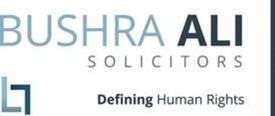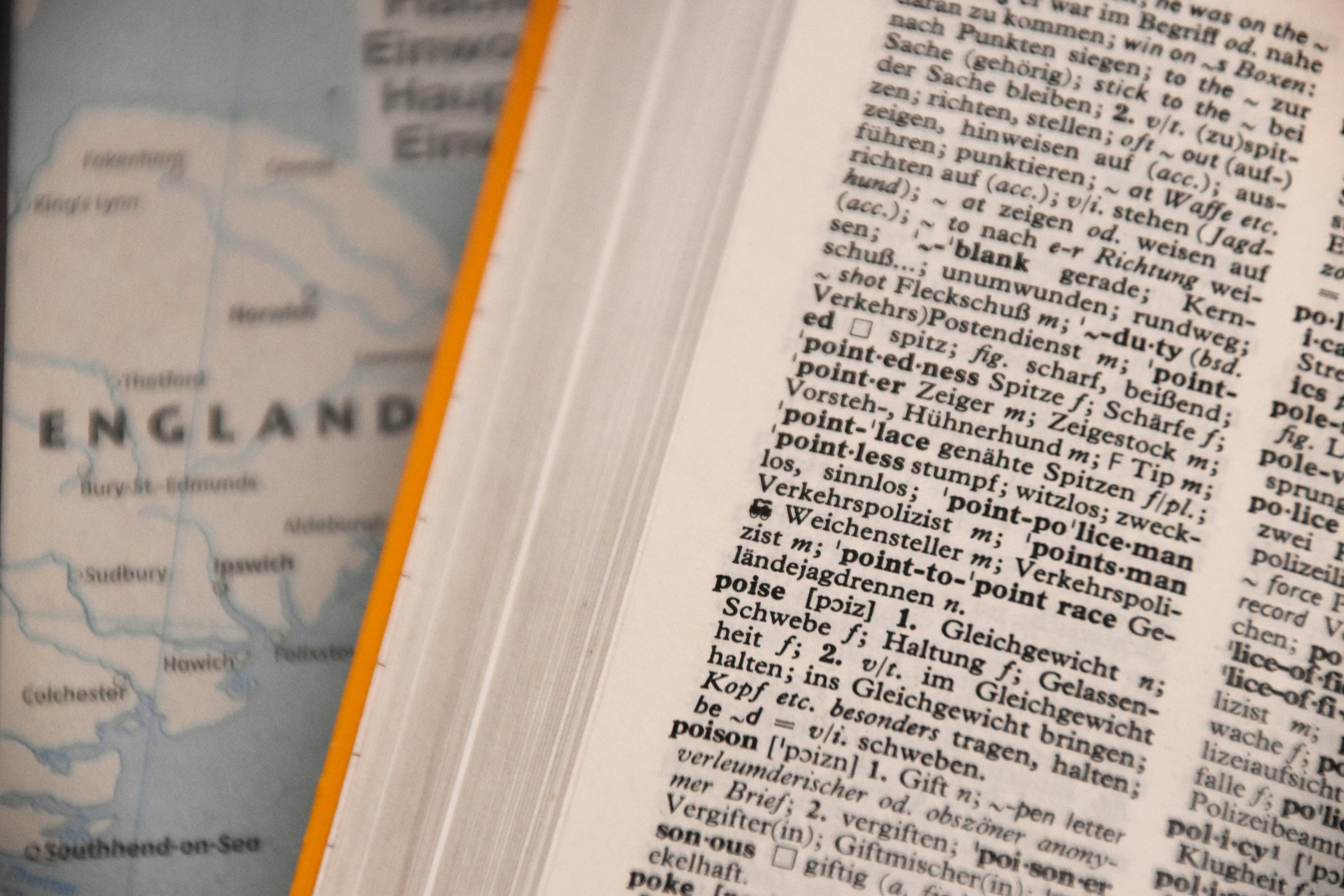If you are applying to enter to remain in the UK as a partner of a person who is either:
- A British citizen
- Present and settled in the UK
- In the UK with refugee leave or Humanitarian Protection
- In the UK with permission under Appendix EU
Then you will need to consider as to whether the relevant financial requirement is met in your circumstances to make a successful application to enter or remain in the UK with your partner.
For the purposes of this category, ‘partner’ means an applicant’s fiancé or fiancée, proposed civil partner, spouse, civil partner or unmarried partner.
The most recent major change to the financial requirement is that on 11 April 2024 the minimum income threshold increased for new applicants under Appendix FM from the original £18,600 to £29,000.
It should be noted that those already holding leave to remain under the said category prior to the changes being implemented will have their extension applications assessed against the threshold in place prior to the changes of 11 April 2024 and so the new changes of 11 April 2024 only apply to new applications being made from 11 April 2024 onwards.
Is there an additional requirement for additional child applicants?
Applications made after 11 April 2024 will no longer have the separate child component to the minimum income requirement, with the minimum income requirement being fixed regardless of the number of children within the family. Therefore, it is £29,000 with no additional requirement on top of that for each additional child applicant.
The Adequate Maintenance Test?
Those applying under Appendix FM as a parent must meet the ‘Adequate Maintenance Test’ and demonstrate that their partner is able to maintain and accommodate themselves (5-year route), the applicant and any dependents adequately in the UK without recourse to public funds.
The Adequate Maintenance Test must also be met by those applying under Appendix FM on the 5-year partner route where the sponsor is in receipt of one or more of the following disability related benefits:
- Severe Disablement Allowance
- Industrial Injuries Disablement Benefit
- Attendance Allowance
- Carer’s Allowance
- Personal Independence Payment
- Armed Forces Independence Payment
- Guaranteed Income Payment under the Armed Force Compensation Scheme
- Constant Attendance Allowance
- Mobility Supplement
- War Disablement Pension under the War Pensions Scheme
- Police Injury Pension
- Child Disability Payment
- Adult Disability Payment
All other applicants to the 5-year partner route must meet the minimum income requirement of £29,000.
How do I calculate the minimum income requirement that applies to my circumstances?
Following the changes to the minimum income requirement of 11 April 2024, different thresholds apply to applicants depending on the date the current application was submitted, when the applicant first successfully applied to the route and whether they are applying under Appendix FM of the Immigration Rules.
Below is a summary of the thresholds that apply:
- Those who apply on or after 11 April 2024 who are new to the 5-year partner, fiancé, fiancée or proposed civil partner routes who are applying for permission to stay with a new partner*, must meet the £29,000 threshold.
- Those who apply on or after 11 April 2024 who are already within the 5-year partner, fiancé, fiancée or proposed civil partner routes and are applying for permission to stay with the same partner* for which they were last granted permission benefit from transitional arrangements – they must meet the lower threshold of £18,600 (plus the child component where relevant) capped at a maximum of £29,000.
- Those who apply before 11 April 2024 must meet the previous threshold of £18,600 (plus the child component where relevant). There is no cap in place for this cohort.
- A child applying under Appendix FM must meet the same threshold as the parent they are applying to accompany or join, regardless of the date of the child’s application.
* Reference to new or same partner is above because if one already holds leave to remain under the 5-year partner route but is making an application seeking leave to remain with regards to now being with a different partner, then it is the new financial requirement of 11 April 2024 that will apply, regardless as to whether they previously held leave before 11 April 2024 as it would not be with the same partner.
Those who already have leave to remain under the 10-year route to settlement when they make their application seeking to switch to the 5-year partner route must meet the rules in place from 11 April 2024 onwards and cannot benefit from the rules in place prior to that.
Does the financial requirement apply to my child?
The financial requirement does not apply to a child who:
- Is a British citizen
- Is an Irish citizen
- Is a European Economic Area (EEA) national resident in the UK with free movement rights under the Immigration (European Economic Area) Regulations 2016
- Has been or is being granted permission under the EU Settlement Scheme
- Is settled in the UK or qualifies for indefinite leave to enter
Meeting the financial requirement
Under Appendix FM, the applicant must meet:
- The level of the financial requirement applicable to their application as set out above
- The requirements specified as to:
- Permitted sources of income/savings
- The time periods and permitted combinations of sources applicable to each permitted source relied upon
- The evidence required for each permitted source relied upon
Income and cash savings much be in the name of the applicant, their partner, jointly or their dependent child once the child has turned 18 years of age.
Must the income have been earned legally?
All employment or self-employment income must come from working legally. All income and savings must be lawfully derived. Where an application relies upon the earnings of an applicant in the UK, they must be here with permission to work and their hours of work must not exceed any limit specified in their conditions of leave.
Earnings from employment undertaken by an applicant in the UK when they did not have permission to enter or stay and remain to work cannot be included.
What if I am struggling to evidence gross income?
Where the gross (pre-tax) amount of any income cannot be properly evidenced the new (post-tax amount) will be counted including towards a gross income requirement.
What about cash income?
The gross amount of any cash income may be counted where the person’s specified bank statements show the deposit of the full net amount which relates to the gross amount shown on their payslips (or in the relevant specified evidence provided in relation to the specified bank statements in relation to non-employment income). Otherwise, only the net amount shown on the specified bank statements may be counted.
Those wishing to rely on cash income to sponsor an application subject to the financial requirement may need to change the way they manage their money and bank the full net amount so that they can then rely on the gross amount of that income in sponsoring their application. It is important that those wishing to rely on the gross amount of their cash income from employment corroborate this income through their bank statements as well as the required payslip and employer’s letter.
Many employees will genuinely receive their income as cash as opposed to it being paid directly into their bank account. There is no problem in being paid by cash but one must ensure that the entire cash amount is deposited into the bank account before, for example, parts of it are withdrawn to spend. The income being claimed as earned must be visible on the bank statements.
Do I need to include information regarding all my various streams of income?
The applicant has to demonstrate and evidence the income and/or savings required to meet the level of the financial requirement relevant to their application. They do not need to provide information in the first instance about any income or savings which they and/or their partner may have beyond this. Therefore, we routinely have the situation whereby the sponsor for example, is employed and meets the requirement through their employed income and so we do not need to provide information regarding their rental income and/or their cash savings for example.
What about promises of third party support such as my parents have promised to support us?
Promises of support from a third party cannot generally be counted towards the financial requirement. The applicant and their partner must generally have the required resources under their own control, not someone else’s (a gift from a third party can be the source of cash savings held by the applicant, their partner or the couple jointly, provided that the money has been held by them for at least the six months prior to the date of application and is under their control).
Does the money have to be in my own bank account?
Income can be paid into, or cash savings held in any bank/savings account in the name of the applicant, the applicant’s partner or both jointly provided that the account is held in a financial institution that is regulated by the Financial Services Authority or the appropriate regulatory body in which that institution is operating.
Will a printed balance statement from the ATM count?
Bank statements must be on official bank stationery. Alternatively, electronic bank statements can also be accepted for all bank accounts (the account itself does not have to be exclusively online) as long as they are either accompanied by a letter from the bank on their headed stationery confirming that the documents are authentic or which bear the official stamp of the issuing bank on every page.
The bank statements must cover the specified periods as described in the Immigration Rules for each of the sources of income relied upon.
As an alternative to a bank statement, the Home Office will also accept:
- A building society statement of passbook
- A letter from the bank or building society
- A letter from a financial institution in which the institution operates and the funds are located
A building society passbook must clearly show:
- The account number
- The building society name and logo
- The information required on transactions, funds held and time period/periods in relation to bank statements
Any letter must be on the headed stationery of the bank, building society or other financial institution and must clearly show:
- The account number
- The date of the letter
- The financial institution’s name and logo
- The information required on transactions, funds held and the time period/periods in relation to bank statements
What are the requirements with regards to payslips?
Payslip must be original formal payslips issued by the employer and showing the employer’s name, albeit accompanied by a letter from the employed on their letterheaded paper and signed by a senior official confirming that they are authentic.
How recent must the most recent bank statement of payslip I submit be dated?
Where the rule require the applicant to provide specified evidence relating to a period which ends with the date of application, that evidence must be dated no earlier than 28 days before the date of application.
Therefore, be sure to know the date of the application being submitted and look at the date of the most recent payslip and bank statement and ensure that it is dated no older than 28 days before the date the application is being submitted.
What are the various sources for meeting the financial requirement?
Where the applicant has to meet the minimum income requirement, the financial requirement can generally be met in the following five ways:
- Income from salaried or non-salaried employment of the sponsor and/or the applicant if they are in the UK with permission to work
- Non-employment income such as from property rental or dividends from shares
- Cash savings of the applicant’s partner and/or the applicant
- State (UK or foreign) occupational or private pension of the applicant’s partner and/or the applicant
- Income from self-employment and income as a Director or employee of a specified limited company in the UK of the partner and/or the applicant if they are in the UK with permission to work
If you are an applicant either outside the UK looking to enter the UK or inside the UK looking to apply for leave to remain or an extension of leave to remain with your partner, why not get in touch to see how we are able to help you?






